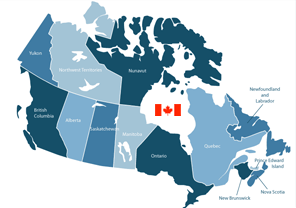Has anyone shown you how you how to do deep breathing exercises? Their effects on reducing pain have long since been documented within the scientific community.
Here are a few suggestions for when it is 9:00 pm and you are home:
- Drink a cup of coffee with caffeine (as long as your trigger is not caffeine)
- Practice exercises that require deep breathing such as yoga
- Practice imagery (there are books in your library on imagery)
- Take OTC’s such as tylenol or ibuprofen or acetaminophen as recommended on the bottle. Note: use caution to avoid medication overuse (see chapter 9)
- Put a cold compress on your head or neck
- Use a hot compress
- Try to lay flat and avoid bending over or doing any exertional activity
- Seek out a quiet, dark room
The obvious advantage of a home remedy is that they can be tried late at night, or on weekends or holidays, when a physician’s office is closed. Another advantage is that they are usually free and are relatively easy to incorporate into your life.
Music is also a great way to learn to relax at home. There are a number of relational tapes available at most books stores to purchase. On the other hand, you might want to make your own tape to relax to.
Warm baths or hot tubs can be a terrific way for the body to relax, especially when they are coupled with deep breathing exercises.
Another home remedy is to have your spouse or a friend, give you a massage. Remember to practice your breathing exercises at the same time.
Family support can really make a difference as to how the headache sufferer copes at home. Rather than isolating and blaming the sufferer, family support can bring with it a "we are going to get through this together" attitude.
Even if your family support is not real strong or understanding, there are a number of ways that you can help yourself, as I mentioned earlier.
It is very important to mention again, how beneficial "social support" is in maintaining good "headache control".

